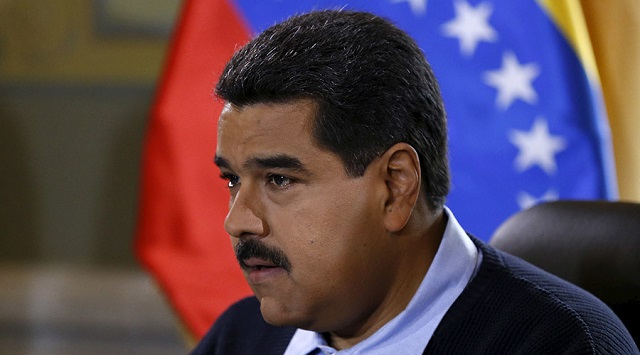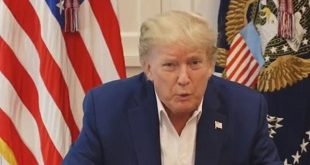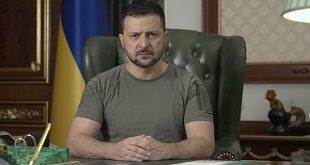
Caracas, Venezuela | AFP | Here are key developments in Venezuela since a band of soldiers briefly rose up against President Nicolas Maduro on January 21, with an opposition leader declaring himself “acting president” days later.
– Brief uprising –
On January 21 a group of soldiers take control of a command post north of Caracas in the early hours. In a video on social media, they say they “completely repudiate” Maduro’s regime and call on people to take to the streets in their support.
The uprising is quickly put down and 27 of the rogue soldiers are arrested.
There are demonstrations of support in a number of Caracas neighborhoods.
The Supreme Court, dominated by loyalists of Maduro in his standoff with the opposition, takes aim at the opposition-controlled National Assembly, declaring its leadership illegitimate and its decisions invalid.
Maduro was sworn in on January 10 for a second six-year term before the Supreme Court and not the parliament, as provided for under the constitution. The opposition and a large part of the international community, including the United States and the European Union, do not recognize the second term.
The National Assembly has promised an amnesty to all members of the military who abandon Maduro.
– US backs opposition –
On January 22, US Vice President Mike Pence gives his support to Venezuela’s opposition on the eve of planned protest marches.
Maduro accuses Washington of ordering “a coup from the fascist state.”
– Self-proclaimed ‘acting president’ –
On January 23, tens of thousands of protesters take to the streets of Caracas and other cities in rival demonstrations for and against Maduro. Clashes erupt.
In front of cheering supporters in the capital, National Assembly head Juan Guaido proclaims himself “acting president.” He pledges to install a transitional government and hold free elections.
US President Donald Trump immediately issues a statement recognizing Guaido and is followed by Brazil, Canada and Colombia, among others.
However China, Cuba, Mexico, Russia and Turkey say they still support Maduro.
Maduro says he is cutting off diplomatic ties with Washington.
– Army loyal to Maduro –
On January 24, Venezuela’s powerful military high command throws its weight behind Maduro. Defense Minister Vladimir Padrino, a general, accuses Guaido of attempting a “coup d’etat” and says Maduro is “the legitimate president.”
Russian President Vladimir Putin expresses “support for the legitimate authorities,” saying the political crisis “has been provoked from the outside.”
– Guaido persists –
On January 25, Guaido calls on Venezuelans to continue their demonstrations against Maduro. He says he does not rule out including Maduro in an amnesty.
Maduro says he is ready to meet Guaido, who rejects the offer of talks.
– European ultimatum –
On January 26, several European powers say they will recognize Guaido as president unless Maduro calls elections within eight days. The 28-member EU says it will take “further actions” if elections are not called, including “the issue of recognition of the country’s leadership.”
Caracas rejects the ultimatum.
At the UN Security Council Russia and China block a draft US resolution supporting the National Assembly led by Guaido.
US Secretary of State Mike Pompeo urges all nations to end financial dealings with Maduro.
Venezuela’s military attache to Washington breaks ranks with Maduro, urging his “brothers in the military” to back Guaido.
– New demonstrations called –
On January 27, Guaido calls for new protests, on Wednesday and Saturday, which will be a “big national and international rally.”
Supporters circulate copies of amnesty measures approved by the parliament to members of the military, some of who publicly burn the document.
Maduro, appearing at a military exercise, calls on the military to show “union, discipline and cohesion” to defeat what he calls an “attempted coup d’etat.”
Israel and Australia recognize Guaido as interim president.
– Pope fears ‘bloodbath’ –
On January 28 Pope Francis says he fears a “bloodbath” in Venezuela.
Unrest since the soldiers’ rebellion has left 35 people dead, Venezuelan NGOs say. 850 have been arrested.
The Saudi energy minister says the crisis in OPEC member Venezuela could impact the oil market.
 The Independent Uganda: You get the Truth we Pay the Price
The Independent Uganda: You get the Truth we Pay the Price


